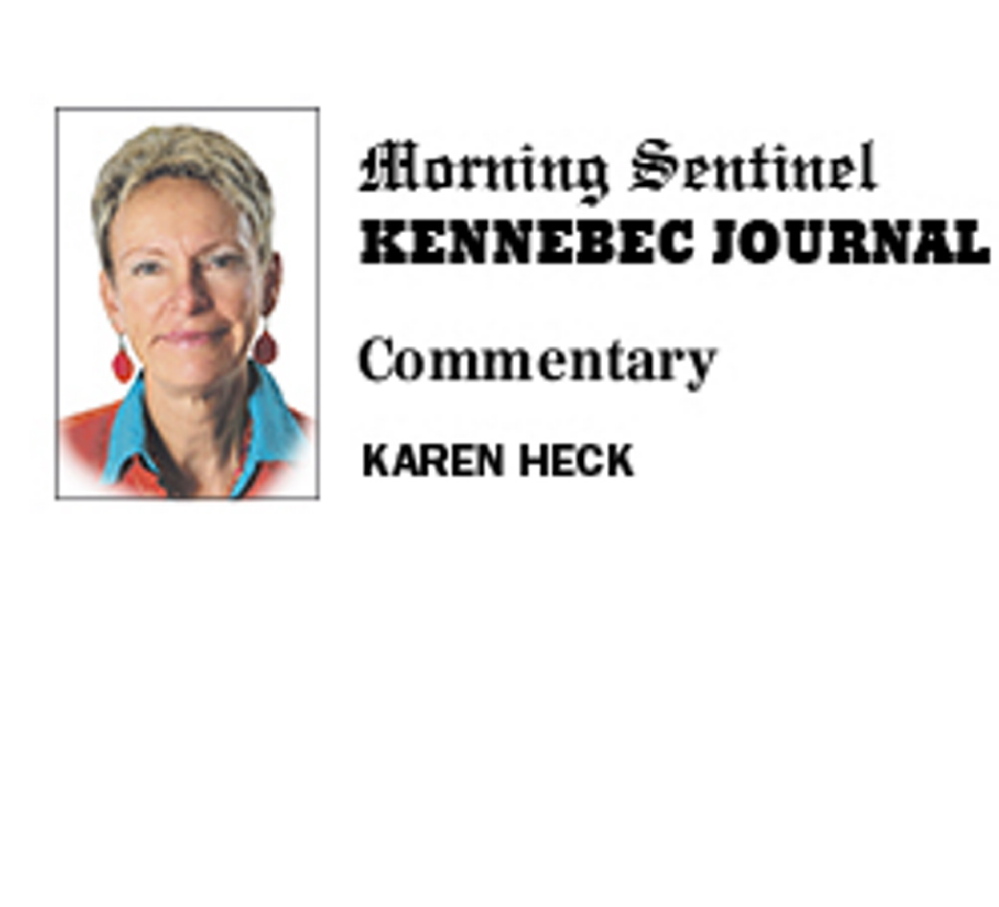While it’s back to school for children, it’s also time for adults to think about how we can help those kids succeed, whether or not we have any of our own. After all, our future is in their hands, and I want them to earn as much as possible to contribute to my Social Security. I also want to make sure they learn how to care for others, a lesson they learn by observing how we take care of them.
I’ve always had a healthy respect for public education. I learned its importance from my parents. My mother made sure my sisters and I had a good breakfast every morning, and my father spent hours, sometimes not so patiently, helping me with math. They went to parent-teacher meetings, school plays and sporting events and volunteered at events. They expected us to do well in school so that we could attend good colleges after graduating from high school. My father spent years on school boards in both the towns in which we lived.
My sisters and I were lucky. It took me years to understand that not all the students in my classes had the same kind of experience. Not all of them came to school with full tummies, clean clothes, kissed at the door before they left, and welcomed home when they got off the bus.
Over the years, I’ve learned why it matters to all of us to make sure that when kids aren’t as lucky as my sisters and I that it’s in the community’s interest to step up. You don’t have to take my left-leaning word for it, though. James Heckman, Nobel prize-winning conservative economist at the University of Chicago, hardly a bastion of socialism, has come up with an equation based on his research:
Invest in educational and developmental resources for disadvantaged families to provide equal access to successful early human development
+ Nurture early development of cognitive and social skills in children from birth to age 5
+ Sustain early development with effective education through to adulthood
= Gain a more capable, productive and valuable workforce that pays dividends to America for generations to come.
Yes, we all can wish parents were more responsible, but if they aren’t, is it the child’s fault? There are consequences for us all if we don’t do what we can to make sure that child is successful in school.
In my job as mayor, I discovered that Waterville third-grade readers are among the best in the state — 36 percent above the state average — despite the fact that a high percentage of our children are eligible for free and reduced lunch. The staffs at the schools are doing a tremendous job of creating an environment that is conducive to children learning. As mayor, I also discovered there are ways that we can help with that task.
Waterville is a tremendously well-coordinated community when it comes to helping create pathways out of poverty for those who need assistance. Social services agencies, General Assistance, the library, Adult Ed, the Chamber of Commerce and the Rotary have all come together to cooperate and collaborate on projects that give people a chance to achieve their potential. Whether it’s helping people move into permanent housing, improve their job skills, support young readers, mentor young people or help parents be the parents they want to be, there are ways each one of us can offer support in big or little ways with these efforts.
I’ve written about some of these collaborations in the past but I’m offering suggestions again now that school is starting. Here are specific ways people can become engaged:
• Spread the word about how important daily attendance is no matter what the grade, including Head Start and pre-school. Many people don’t realize that missing just two or three days per month even for excused absences, is a proven predictor of academic trouble and dropout rates. Businesses can check with the Mid Maine Chamber on how they can support its efforts to promote attendance.
• Call a school to find out where they need volunteers. Your presence not only supports the students but lets the schools know what they are doing matters to the community.
• Become a mentor through the Reach and Rise Program at the Boys’ and Girls’ Club.
• Write a check to your town’s public school with the memo “homeless/students in need.” As the homeless student liaison in Alternative Organizational Structure 92, the assistant superintendent works hard to get students what they need to attend school, whether it’s clothes, boots, school supplies, transportation. There are currently more than 50 children in the AOS, three of them at the homeless shelter, in need of our support.
It’s in our interest to make sure these kids graduate and get good jobs. I hope you will join me in contributing to their success.
Karen Heck is a longtime resident and former mayor of Waterville.
Copy the Story LinkSend questions/comments to the editors.



Success. Please wait for the page to reload. If the page does not reload within 5 seconds, please refresh the page.
Enter your email and password to access comments.
Hi, to comment on stories you must . This profile is in addition to your subscription and website login.
Already have a commenting profile? .
Invalid username/password.
Please check your email to confirm and complete your registration.
Only subscribers are eligible to post comments. Please subscribe or login first for digital access. Here’s why.
Use the form below to reset your password. When you've submitted your account email, we will send an email with a reset code.